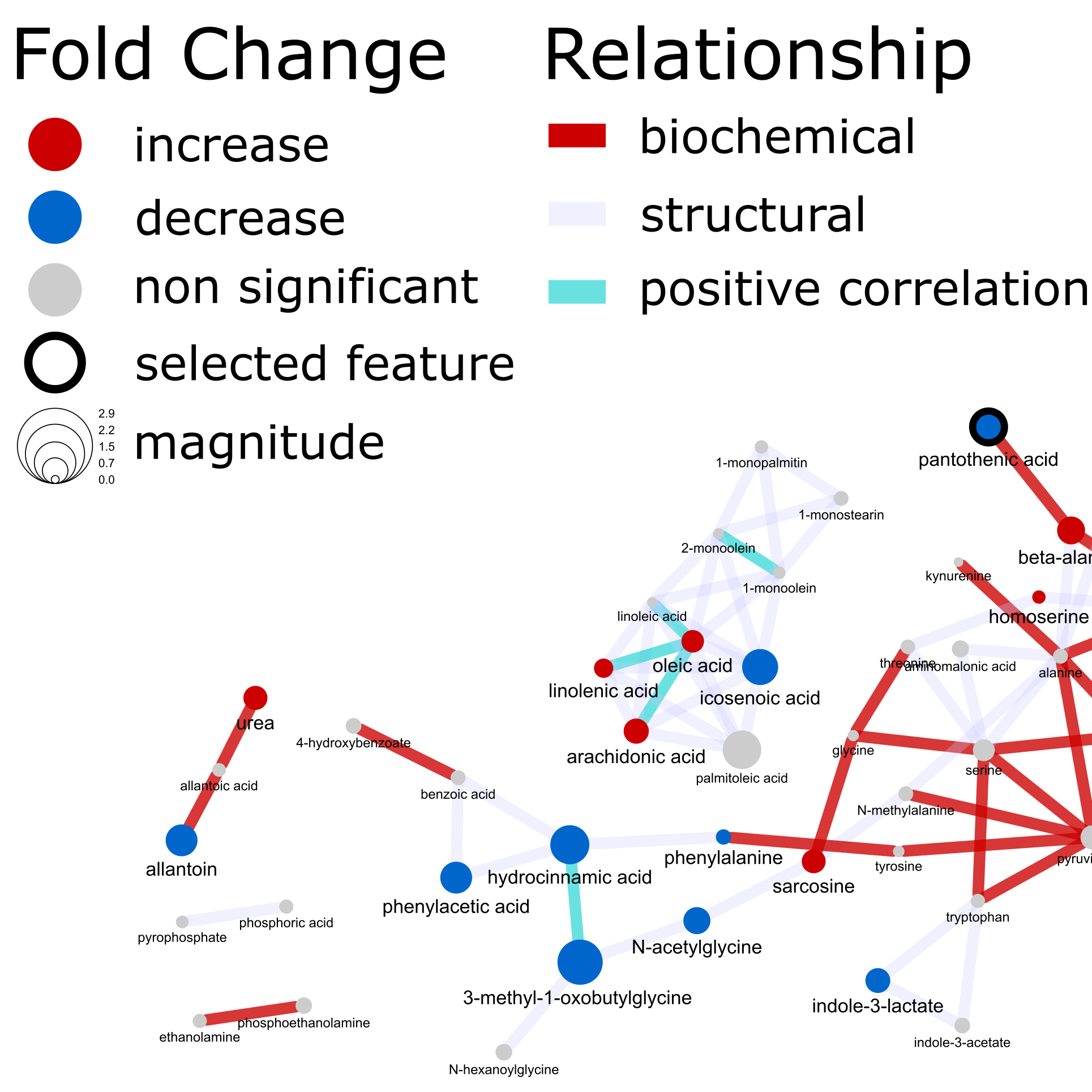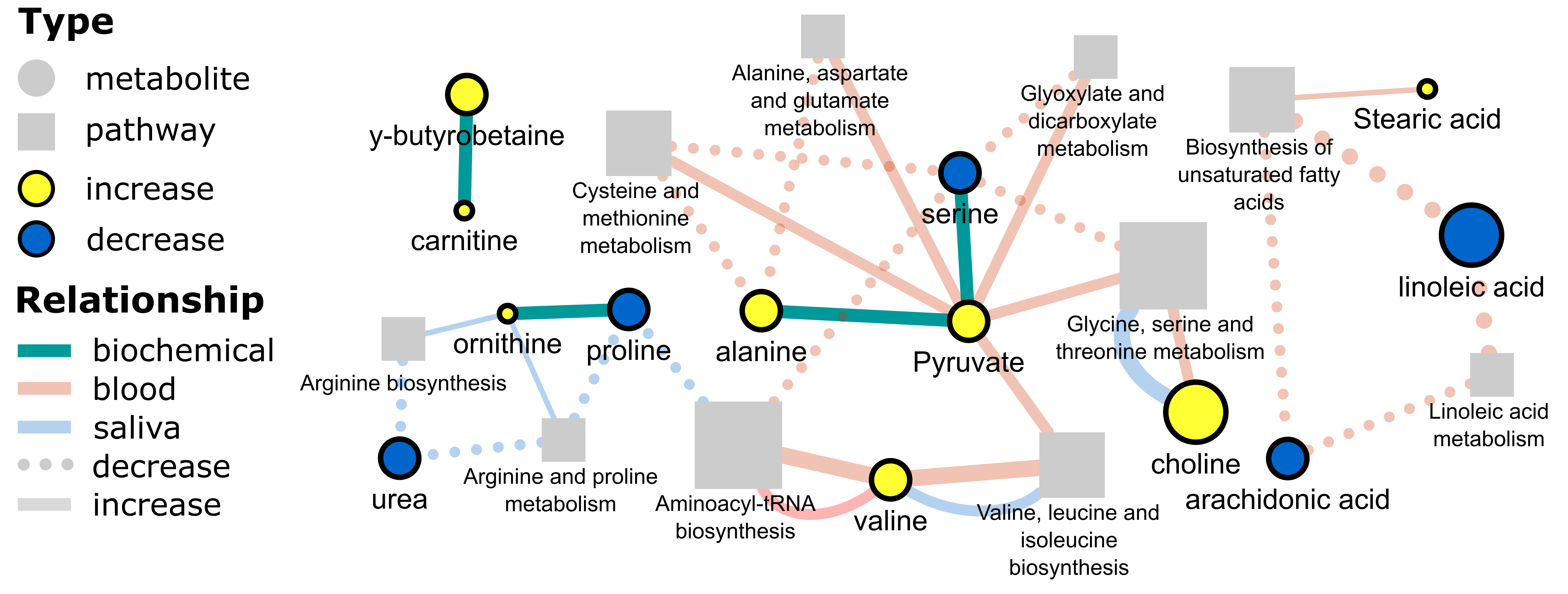I am excited by the recent article Promises Are Made to Be Broken about the authors’ efforts to migrate R’s lazy evaluation to strict semantics.
R was the first programming language I learned (started about 10 years ago) and genuinely feel that its flexibility to execute functional programming patterns has greatly improved my productivity. While I’ve often taken advantage of a variety of lazy evaluation benefits and as mentioned in the article risks I’ve generally found R’s flexibility predictable and greatly appreciated.
Many of my favorite R packages like dplyr also leverage lazy evaluation and I have rarely consider the impact of lazy semantics or that ‘arguments are suspended computations that are evaluated if
and when they are needed’. While I rarely use meta-programming patterns I have found anonymous function arguments passed as ... very useful.
I’ve generally found that using ... works as expected. For example, take the following tests for our custom function foo.
foo <- function(bar = 'foo', ..., fizz = 'buzz') {
c(as.list(environment()), list(...))
}
foo()## $bar
## [1] "foo"
##
## $fizz
## [1] "buzz"foo(bazz=rnorm(1))## $bar
## [1] "foo"
##
## $fizz
## [1] "buzz"
##
## $bazz
## [1] 0.6520186foo(bazz=rnorm(1),bar='bazz',fizz=rnorm(2))## $bar
## [1] "bazz"
##
## $fizz
## [1] -0.5202518 -2.2660911
##
## $bazz
## [1] 0.711274Meta-programming example from the paper.
f <- function(a,b) {
print(deparse(substitute(a)))
x <- eval(substitute(b))
x+a
}
f(1+2,3+4)## [1] "1 + 2"## [1] 10I am excited to see where the authous’ goals to ‘to migrate R
programs to a strict-by-default, lazy-on-demand semantics.’ takes R.



